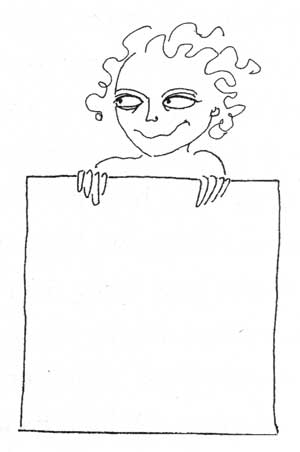Racism, Patriarchy, and Power: Siri Hustvedt on the Toxic Thinking Behind the Supreme Court’s Destruction of Abortion Rights
In 1972, abortion was illegal in Minnesota. One day that year - the exact day has vanished from memory - a 21-year-old man drove his terrified 16-year-old girlfriend to a women’s clinic in Minneapolis. He left her there for a pregnancy test and drove away.
